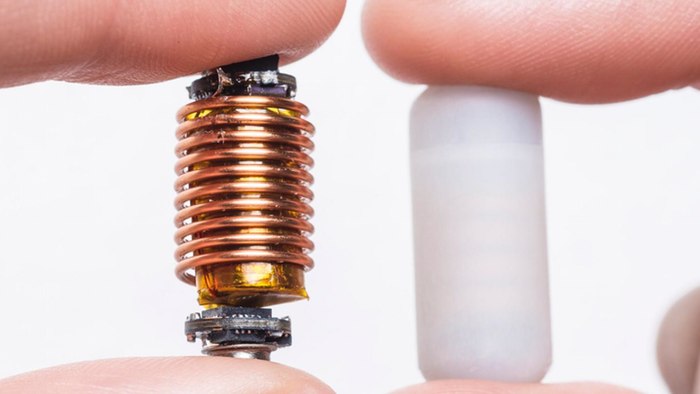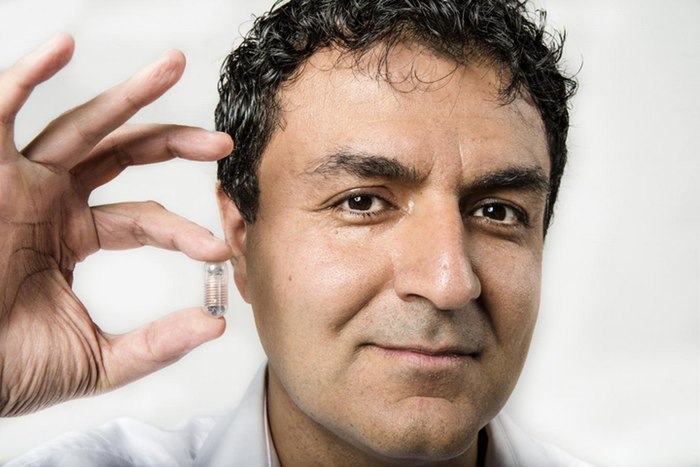Scientists from RMIT University in Australia have tested the world’s first smart capsule designed to measure the amount of gas in the stomach, improve our understanding of it, and help target patient-specific treatments.

Intestinal gases play a vital role in a variety of issues, including irritable bowel syndrome (IBS) and colon cancer. And as it currently stands, there’s no way to measure the gases inside the gut, which makes it difficult to have a strong understanding of their role in health.
Thus, to improve our knowledge, researchers from RMIT University have been working on a tiny capsule that has the ability to transmit data from inside the gut. It has a gas sensor, battery, microprocessor, and wireless transmitter, and is designed to work its way through a patient’s system and then relay the measurements of the concentration of target gases back to the connected smartphone.

The tests were successfully conducted on two groups of pigs: one fed with high-fiber foods and another with low-fiber foods. The results are already changing the understanding many have about the effects of fiber on the stomach, finding that high-fiber diets produce a quarter of the hydrogen low-fiber diets do, which is the opposite of what we currently believe. These findings also suggest that high-fiber diets produce more methane in the large intestine, which could lead to painful gas retention, but may be avoided with a lower intake.
As the study represents the first-ever use of the intestinal smart capsule, such beneficial findings indicate there is a bright future for the device. The researchers believe the capsule could have a significant impact on treatment in the long run.
“We hope this technology will, in future, enable researchers to design personalized diets or drugs that can efficiently target problem areas in the gut, to help millions of people worldwide that are affected by digestive disorders and diseases,” said study lead Prof. Kourosh Kalantar-zadeh.
The full findings of the study conducted by the researchers can be found here.
Via Gizmag
Advertisement
Learn more about Electronic Products Magazine





